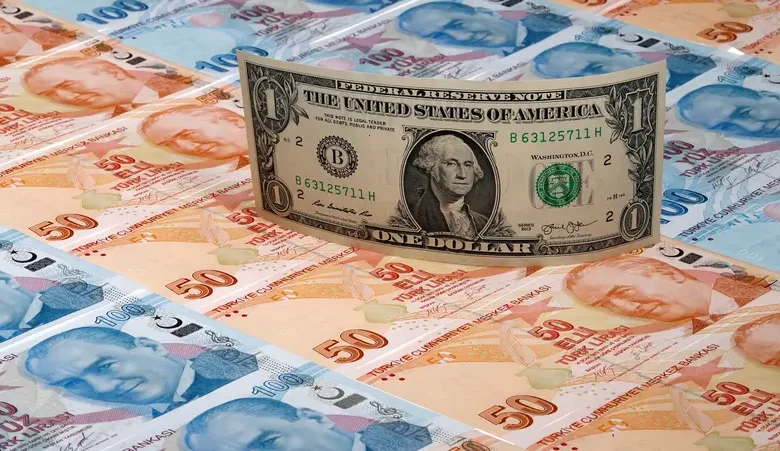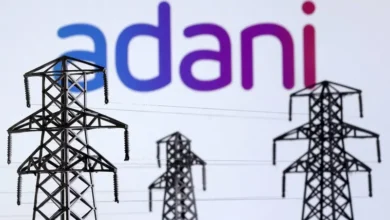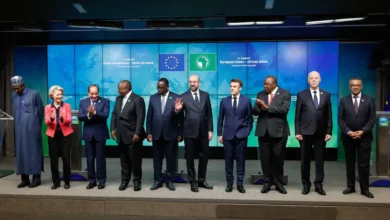Turkey sovereign dollar bonds rise as markets await Erdogan’s economic team

Turkey sovereign bonds rose more than two cents on the dollar on Tuesday as markets waited for President Recep Tayyip Erdogan, the winner of Sunday’s presidential election runoff, to decide on a cabinet to run economic policy.
Prices of the country’s international notes were up across the curve with longer-term bonds rising the most, Tradeweb data showed.
The 2045 note gained 2.3 cents on the dollar and the 2043 bond rose 2 cents at 1121 GMT. Turkey’s 5-year credit default swaps (CDS) were down 2 basis points to 662 basis points from Monday close, according to S&P Global Market Intelligence. The cost of insuring exposure to Turkey’s sovereign debt started the year at 513 bps.
Erdogan, who was re-elected for a five-year term on Sunday with more than 52 percent of the votes, is expected to announce his cabinet by the end of this week.
“There is hope that (Mehmet) Simsek returns… Hope but uncertainty,” said Timothy Ash, senior sovereign strategist at BlueBay Asset Management. “Generally, the assumption is that whoever comes into power in terms of the economic team, the lira needs to be weaker.”
Turkish lira weakened 1.2 percent to a record low of 20.35 against the dollar, compared with a close of 20.0990 on Monday, when it had its worst trading day in eight months.
“If Erdogan hires Simsek, he is being pragmatic,” Ash added, referring to the market-friendly former finance minister.
Inflation peaked at a 24-year high of more than 85 percent last year, with the surge in prices triggered by an unorthodox monetary policy, fostered by Erdogan, of cutting interest rates despite high inflation.
Investor attention is now focused on whether Erdogan will maintain that policy or choose a more orthodox path, after an internal party team sketched out alternatives in recent weeks.
Viktor Szabó, investment director on the emerging markets debt team at abrdn, said that the rise in the bonds’ prices show that investors “continue to cover their shorts, in the hope of more sensible economic policies.”
“The country will continue to be led by a president who believes in heterodox policies,” Szabó added.










